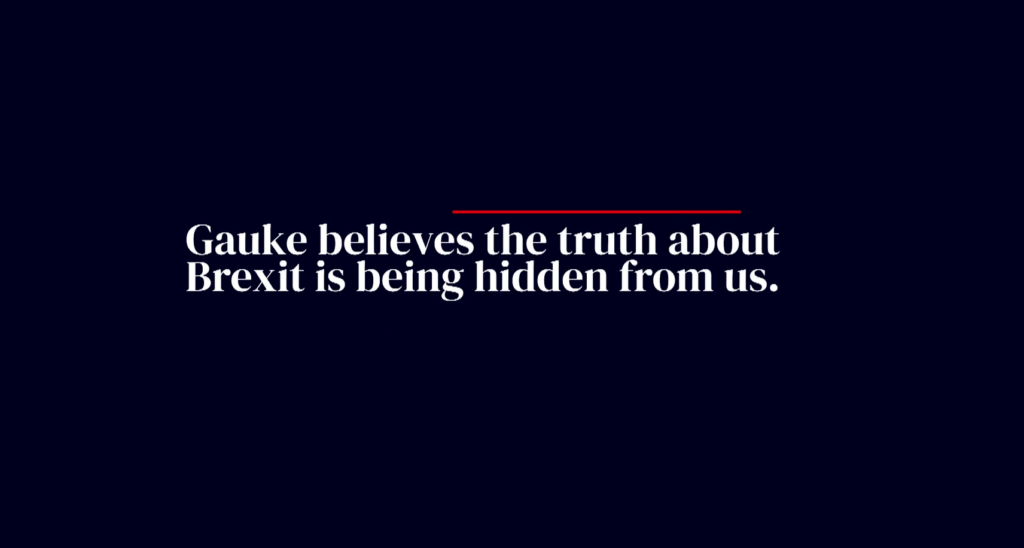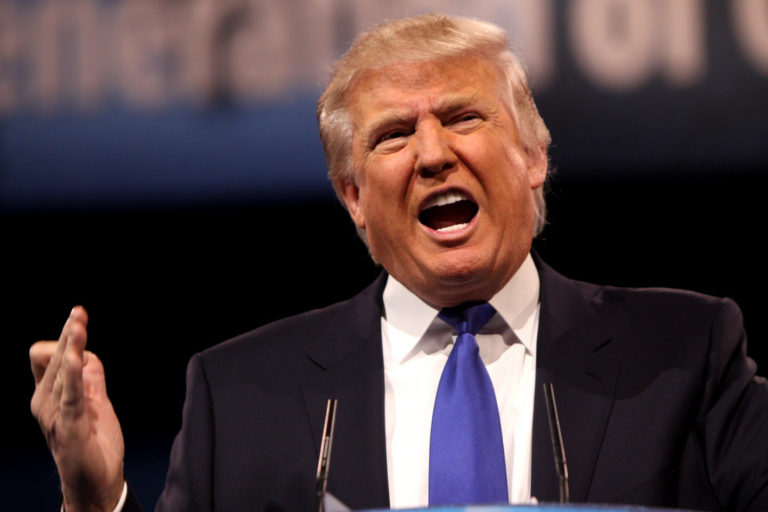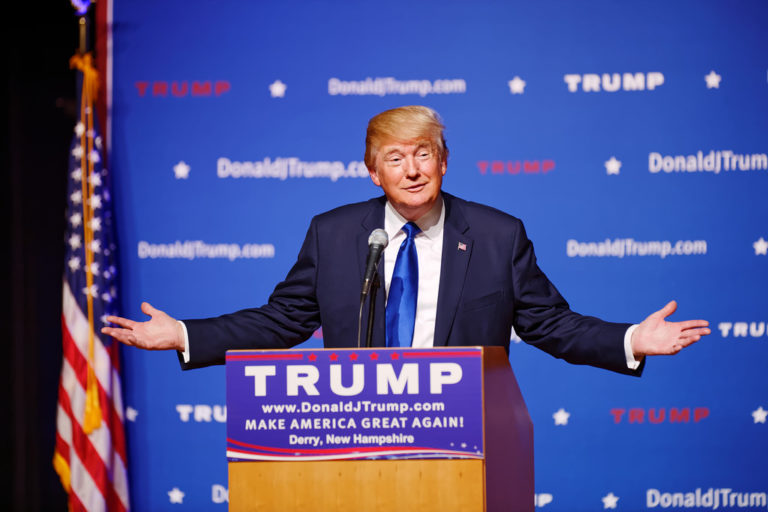When Gauke voted against the government to prevent No-Deal, he was expelled from the party, along with 20 other MPs, none of whom are being allowed to run for the Conservatives in this election. He’s standing in the South-West Hertfordshire constituency as an independent candidate.
The reality of a hard, hasty, or no-deal Brexit is economically disastrous, he claims. And Gauke believes the difference between him and many of his former colleagues is not merely a matter of political position.
For him, the choice facing him and his colleagues was a question of honesty. As a cabinet minister he saw the inside reports and predictions from all the experts. While some of the calamity has been averted with preparations, he admits, the implications are still alarming. And they’re not being discussed because a balanced message won’t win votes.
He could have toed the line. He could have kept quiet about his misgivings. He could have let the awkward facts languish in the files and laptops of the initiated few. He decided it would be irresponsible. Now, he’s calling into question the integrity of the party where he made his political home.
Well, assuming we do finally leave the EU at some point, time will tell whether Gauke’s warnings were well founded. But suppose he’s right about one thing. Suppose a lot of his colleagues are concealing their belief that Brexit will have disastrous consequences.
If so, then they’re facing one of the most excruciating choices we have to make as professionals: whether to tell the whole truth and risk the backlash, or hide what we feel – either for self-preservation, or in the interest of a larger goal for the organisation.
Now, it’s easy to say that we should always be honest. But most of us can think of a time when we could have spoken out about something but didn’t. Maybe we held back because of the possible consequences to ourselves. Maybe we saw a larger goal that we should serve. But in many of those cases, faced with the same circumstances, we’d do the same again.
I’m not talking about crimes or wrong doing – of course we should speak out about that. I’m talking about when you don’t agree with a decision, or you know that the wrong information is being used, or the data doesn’t support the conclusion being bandied about. Maybe the powers-that-be have made up their minds, and a dissenting voice will just be seen as a lack of team spirit. It’s at those times that we sometimes ask: Is it worth resisting? What good will it do? How will people react towards me if I tell them what they don’t want to hear? Is it possible I’m not even right? Am I prepared to commit career suicide over this issue?
As Gauke himself admits, he’s in a privileged position. Although he lost a lot by breaking ranks, he’ll land on his feet when this is all over. Some of us don’t have that assurance. But maybe we can take heart from two things. One is that Gauke has felt at peace with the fallout from his decisions because he knows those decisions came from the right place. Not many party politicians can say that. The second consolation is that many of his constituents have offered their backing. So maybe there’s a question to ask ourselves when we’re in a similar dilemma: who will be happy that I did this? And do I want people to say I did the right thing… or that I did what I had to do to get by?






